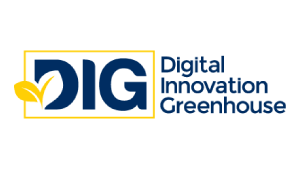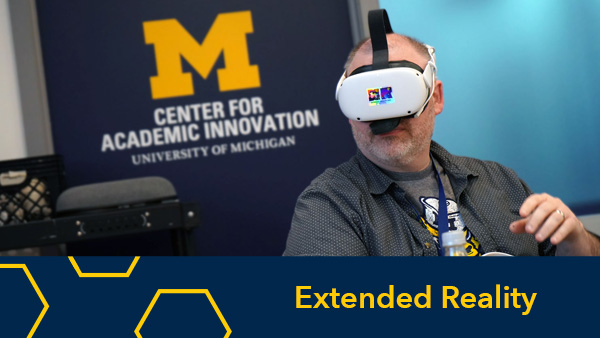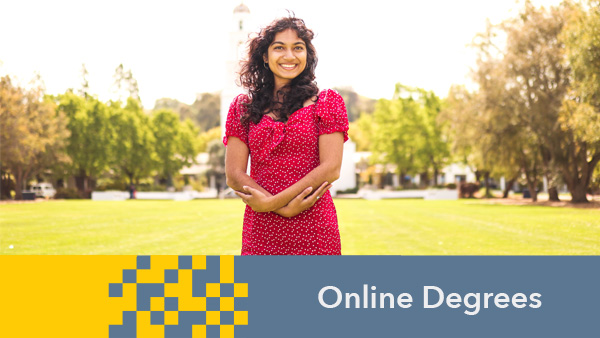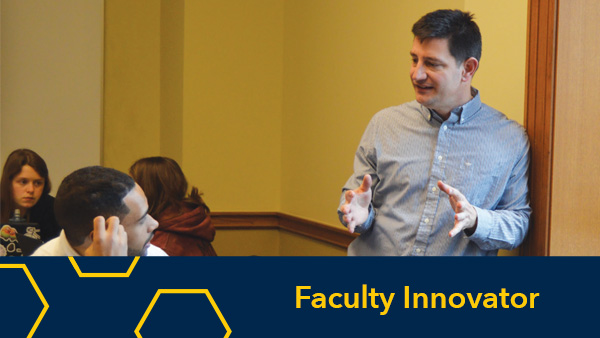Amy Homkes-Hayes, Lead Innovation Advocate
@amynhayes
“How do faculty and staff find out about the Digital Innovation Greenhouse (DIG) and what you do?”
“What kind of policy implications arise from features in DIG tools?”
“How does DIG steward the data the tools it’s helping build collect?”
These are just a sampling of questions we hear often in DIG from folks throughout the U-M community. This is understandable. While DIG prides itself on working with faculty and staff from a wide swath of the university, we are not immune to reaching some more swiftly and easily than others in both understanding our landscape of tools, or in seeking feedback on how we evolve our policies as our work expands. So, as we started to explore how to reach more faculty and staff, and use their input to help formulate guidelines for our educational technology tools, the DIG Policy Advisory Group idea was born.
X Marks the Spot

We formed the DIG Policy Advisory Group in the 2016-2017 academic year to grapple with ethical, legal, privacy, and other substantive issues as they relate to edutech in an age of big data, personalization, and learning analytics. As its title suggests, the DIG Policy Advisory Group brought together heterogenous U-M faculty and staff from throughout the institution representing groups like the Senate Advisory Committee on University Affairs (SACUA), a variety of schools and colleges and U-M experts on topics at the intersection of ethics, privacy and technology; and roles like academic advisers and the university’s chief privacy officer to counsel DIG on policy-related implications of the development of digital tools. Of equal importance, we sought to recruit faculty and staff who had previous limited engagement with the Office of Academic Innovation.
Grabbing our Shovels
The DIG Policy Advisory Group participants met several times throughout the academic year with members of the DIG team, Faculty Director (Dr. Tim McKay, Arthur F. Thurnau Professor of Physics and Astronomy) and some of our faculty innovators. When we started we set out objectives for our time together including:
- Interact with and advise the DIG Team and faculty innovators on the policy-related implications of digital tool development, including both the creation of new features within those tools as well as the implications for access among various user groups within U-M and beyond.
- Help communicate policy frameworks and recommend new features for digital education tools implemented by the DIG Team. This includes periodically sharing major feature development milestones and the related policy rationale behind those milestones to the Senate Advisory Committee on University Affairs (SACUA) as well as key academic leadership as appropriate.
The DIG Policy Advisory Group helped us work through a series of complicated questions. For instance, how should student and instructor data be viewed in ART 2.0? What kind of self-populated student information should instructors have access to in ECoach? And what are the implications of using leaderboards in GradeCraft?
Hitting Pay Dirt
We learned a lot from members of the DIG Policy Advisory Group, many of whom came from pockets of the university we previously had limited access to. We took full advantage of their varying perspectives and expertise (as you can imagine many lively discussions were had). The group aided our efforts by helping us wrestle with questions both big and small on the implications of DIG tool developments for user groups of students, staff, and faculty. Examples include:
- Incorporating a major and minor find in ART 2.0 so students can use course data to help inform their decision about their course of study;
- Clarifying to students what the personal information they provide in DIG tools will be used for;
- Establishing principles for what kind of data is made visible based on role (staff or faculty), while allowing flexibility for faculty with multiple functions (ex. faculty advisors);
- Recommending ways to let faculty opt-in to using leaderboards while ensuring competition does not erode cooperation or other course learning objectives.
Of equal value, we shared more about our work with faculty and staff who were less familiar with DIG with the hope they spread their new found knowledge of DIG to their U-M communities. Given the success of our 2016-2017 Policy Advisory Group we are moving forward with re-convening the group again in the 2017-2018 academic year. We are adding some new members, keeping most of the old, and are looking forward to getting their feedback on new issues salient to DIG’s expanded portfolio.
As we look beyond this past year to future years and discover more ways to respond to questions like, “How do faculty and staff find out about DIG and what you do?” or “What kind of policy implications arise from features in DIG tools?,” we can’t think of too many better ways to spread DIG seeds than through developing strong campus relationships like the ones we formed, and will continue to strengthen, through the Policy Advisory Group.
Members of the 2016-2017 DIG Policy Advisory Group:
- Michelle Aebersold, Clinical Associate Professor in the School of Nursing, Director of Simulation and Educational Innovation in the Department of Systems, Populations and Leadership
- Sol Bermann, Interim Chief Information Security Officer
- John Carson, Associate Professor of History in the College of Literature, Science, and the Arts, Director of Undergraduate Studies in History, Director of Undergraduate Studies in the Program in Science, Technology & Society
- Rob Freidhoff, Director of the Engineering Advising Center
- Rachel Goldman, Professor of Electrical Engineering & Computer Science, and Physics in the Colleges of Engineering and the Literature, Science, and the Arts, Associate Director, Applied Physics, Education Director, Center for Photonic and Multiscale Nanomaterials
- Alex Halderman, Professor of Computer Science & Engineering in the College of Engineering Director, University of Michigan Center for Computer Security and Society
- Wallace Hopp, C.K. Prahalad Distinguished University Professor of Business and Engineering, Associate Dean for Part-Time MBA, Professor of Technology and Operations in the Ross School of Business, Professor of Industrial and Operations Engineering in the College of Engineering
- William Schultz, Professor, Mechanical Engineering and Applied Mechanics and Professor of Naval Architecture and Marine Engineering in the College of Engineering, SACUA Senate Assembly Immediate Past Chair
- Priti Shah, Professor of Cognition & Cognitive Neuroscience and Educational Psychology in the College of Literature, Science, and the Arts and the School of Education


